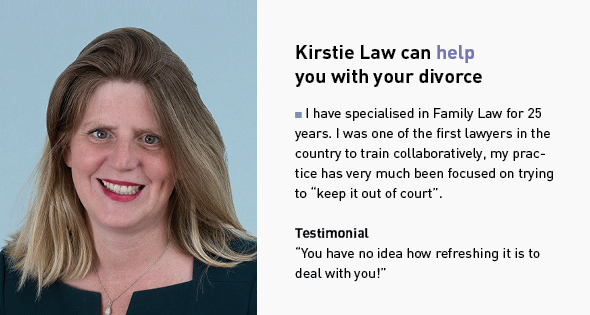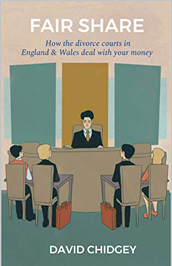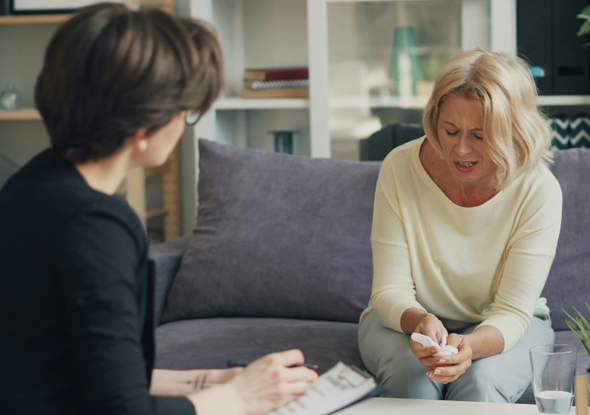Divorce Mediation Explained

- This blog contains affiliate links, which we may receive a commission for purchases. The decision is yours, whether or not you decide to buy.
Since 22 April 2014, before making an application to the court for a financial order within divorce proceedings or an application in respect of a child, save in exceptional cases, (eg where domestic violence reported to the police,) an Applicant first has to attend a MIAMS (Mediation, Information and Assessment meeting).
The government is encouraging people to attend these meetings so that they can find out more about mediation (and other ways of resolving cases including collaboration and arbitration) and hopefully resolve their issues out of court.
Avoids expensive arguments
Mediation involves a couple going to see a mediator who, although may be legally qualified, will not give either of them advice and is impartial.The mediator will give them information about processes and options and encourage a couple to see whether they can reach an agreement without spending thousands of pounds of family money (which may well be the children’s inheritance in any event) arguing.
Successful statistics
The statistics which led to the government encouraging mediation so forcefully showed that over 80% of cases using mediation settled. This is obviously in part a credit to those who historically chose to do mediation when it was not compulsory to find out about it.
Reduces delay
People are often surprised to find that with family law there is no right answer and that, although their solicitors may look at their case from a different point of view, they cannot guarantee what order a judge hearing the case will make.
The other problem with the court process is that it can take months for a case to be resolved. In some cases people have waited over a year between hearings and then had to go through the time and expense of updating financial information.
Children can be involved
With child(ren) issues some mediators are qualified to consult directly with the child(ren) and report back to the parents as part of the process which can help all to understand the child(ren)’s perspective.
Written by Kirstie Law Solicitor, Collaborative Lawyer and Mediator at Thomson Snell & Passmore.www.ts-p.co.uk
You may also like
Books
Buy now from Amazon
- The Co-Parenting Handbook
- Fair Share: How the divorce courts in England & Wales deal with your money
- The Book You Wish Your Parents Had Read THE #1 SUNDAY TIMES BESTSELLER
Podcast
This personal finance podcast is for women, including female entrepreneurs to learn personal finance, money mindset & practical money management tips to be financially confident. To get in control of money, to budget, gain financial confidence, learn how to invest, save money & manage money mindset and behaviours. Hosted by a multi- award winning qualified financial planner and financial coach.
- Listen to the In Her Financial Shoes Podcast
- Catherine Morgan full profile
- More professional podcasts
Articles
- 8 Ways You Can Stay Financially Fit After Your Divorce
- Five Things To Let Go Of After Divorce
- Buying A Home Post Divorce Part 1
Videos
Practical advice and tips from professionals on what to do with issues and challenges around divorce from parenting to finance.
Events
Practical tips & advice designed to help people going through divorce, whether online or in person.
Useful links
Here's a selection of organistaioins from parenting to finance to help you with your divorce.


.jpg)





.jpg)






